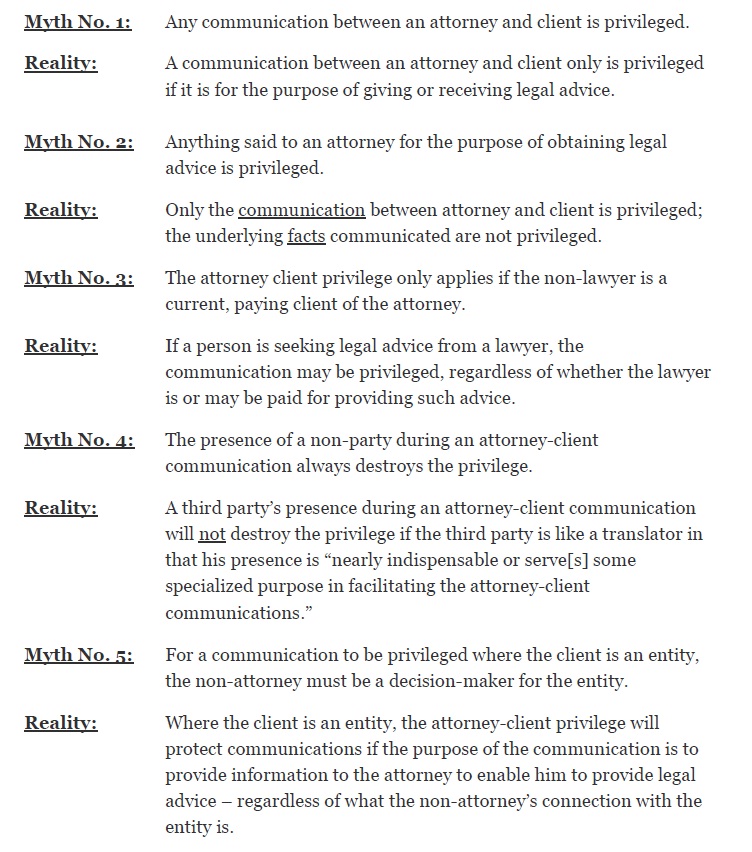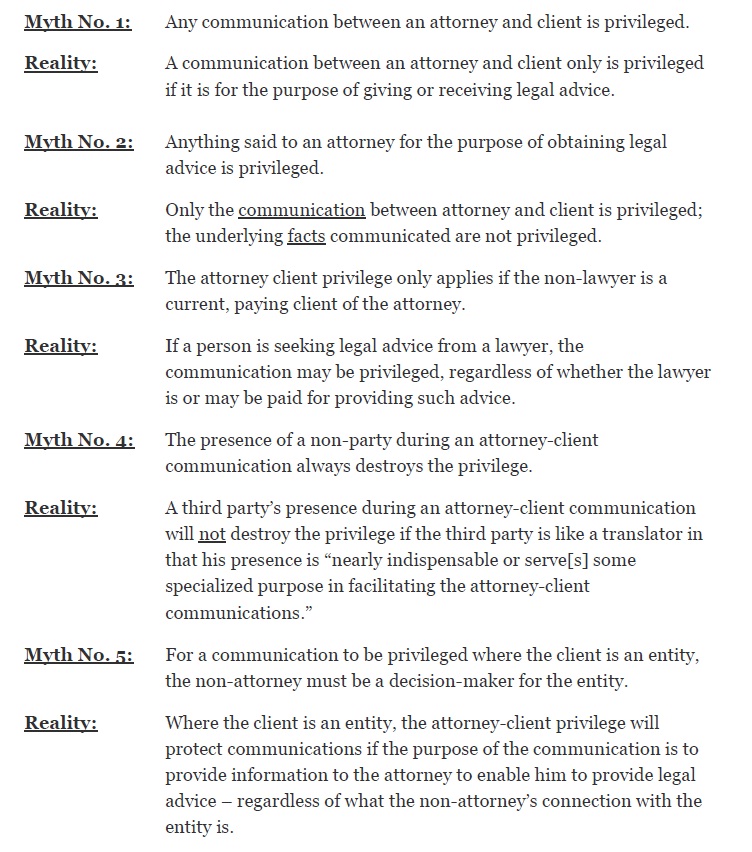In a closely watched case, Ayeprel v. Phules, the Supreme Judicial Court of Massachusetts formally recognized that confidential communications between so-called “work spouses” may be privileged. The 5-4 decision makes Massachusetts the first state in the country to adopt such a privilege.
The genesis of this ruling dates back to 2008, when Marcus Ayeprel was accused through an anonymous posting on his company’s intranet site of having embezzled funds from the company’s March Madness office pool. Believing that his colleague, Judith Phules, was behind the allegations of embezzlement, Ayeprel sued Phules for defamation and intentional infliction of emotional distress. Because Ayeprel knew that Phules had a particularly close relationship with another co-worker, Sidney Finch, Ayeprel sought to depose Finch to uncover whether Phules had admitted to him her involvement in the intranet posting. While Finch admitted generally that he and Phules had discussed what appeared to be discrepancies in the March Madness pool proceeds, Finch refused to divulge the substance of his conversations with Phules. When pressed to justify his objection, Finch’s counsel said that the conversations were privileged because Finch and Phules were “work spouses who intended such communications to remain in confidence.”
Ayeprel moved … Keep reading




